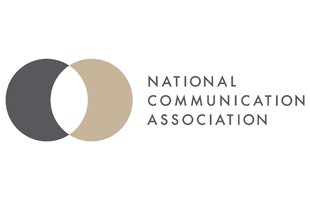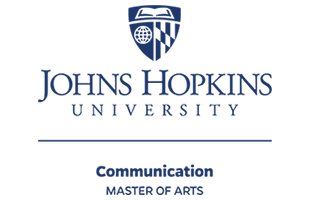
Media are powerful agents of communication, enabling the rapid dissemination of news and information – but they can also spread misinformation. This public program addressed the role of media and news in spreading misinformation about science, which can affect the public’s attitudes and behaviors about topics such as climate change and the environment, health and medicine, and more.
Reception: 5:00 - 6:00 PM
Program: 6:00 - 7:30 PM
Co-Sponsor: Masters in Communication Program, Johns Hopkins University
![]()
Panelists
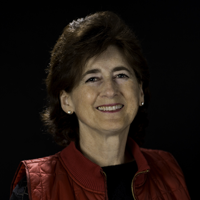
Katherine E. Rowan
Katherine E. Rowan is a Professor of Communication at George Mason University in Fairfax, Virginia. Her research concerns the challenges of earning trust and explaining complexities in risk and crisis communication contexts. At Mason, she teaches courses in public relations, science communication, risk communication, and crisis communication. She has authored or edited over 70 scholarly and governmental publications. A Fellow of the American Association for the Advancement of Science, and chair of its General Interest in Science and Engineering section, her work has been funded by the National Science Foundation and Virginia Sea Grant. She directs Mason’s graduate certificate in science communication. She received her Ph.D. from Purdue University.
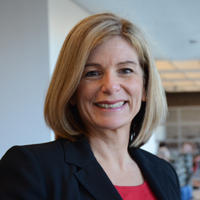
Laura Lindenfeld
Laura Lindenfeld is Director of the Alan Alda Center and Professor in the School of Journalism at Stony Brook University. She holds a Ph.D. in cultural studies from the University of California, Davis. As a Communication researcher, her work draws inspiration from the idea that we can make better, more informed decisions about how we shape our collective future. Much of Lindenfeld’s research focuses on environmental communication, especially in the area of sustainability. In addition to understanding more about stakeholder engagement, her works seeks to understand how we can build strong interdisciplinary teams and communicate our science more effectively and persuasively.
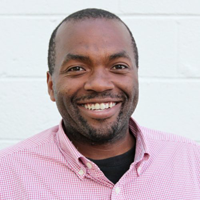
Nsikan Akpan
Nsikan Akpan is the Digital Science Producer for PBS NewsHour and co-creator of the award-winning NewsHour digital series ScienceScope. Akpan was elected to the board of the National Association of Science Writers in September 2016. He holds a doctorate in pathobiology from Columbia University and is an alum of the science communication program at the University of California, Santa Cruz.
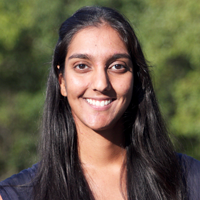
Kasha Patel
Kasha Patel is a Stand-up Comic and specializes in science jokes, producing comedy shows where only science jokes are allowed. She also works as an earth science writer at NASA’s Goddard Space Flight Center, covering topics from the latest research about hurricanes to the unique applications of satellite data in emergency response, agriculture, and citizen science. She studied chemistry at Wake Forest University and earned her M.S. in science journalism from Boston University.
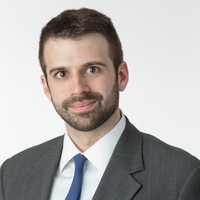
Aaron Huertas
Aaron Huertas is a Science Communicator and Political Consultant. He serves on the advisory board of 500 Women Scientists, a justice-focused advocacy group, and works as a marketing manager at Swing Left, a grassroots movement dedicated to flipping the House. He volunteered as a communications coordinator for the March for Science and collaborated with other volunteers to reform the post-march organization. He’s previously worked for the Union of Concerned Scientists, Cater Communications, and NextGen Climate.
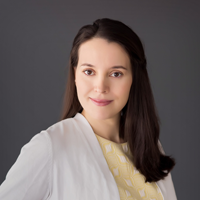
Sheril Kirshenbaum
Sheril Kirshenbaum is the Executive Director at Science Debate and host of “Our Table” at Michigan State University. She works to enhance public understanding of science and improve communication between scientists, policymakers and the public. She has authored two books and her writing appears in popular publications such as Bloomberg and CNN and scientific journals like Science and Nature. She was a 2015 Presidential Leadership Scholar, a Marshall Memorial Fellow, a legislative Fellow in the U.S. Senate and a Next Generation Fellow through the Robert Strauss Center for International Security and Law. She speaks internationally about science communication and has appeared at TEDGlobal and Cuidad de las Ideas.
![]()
Co-Sponsors
